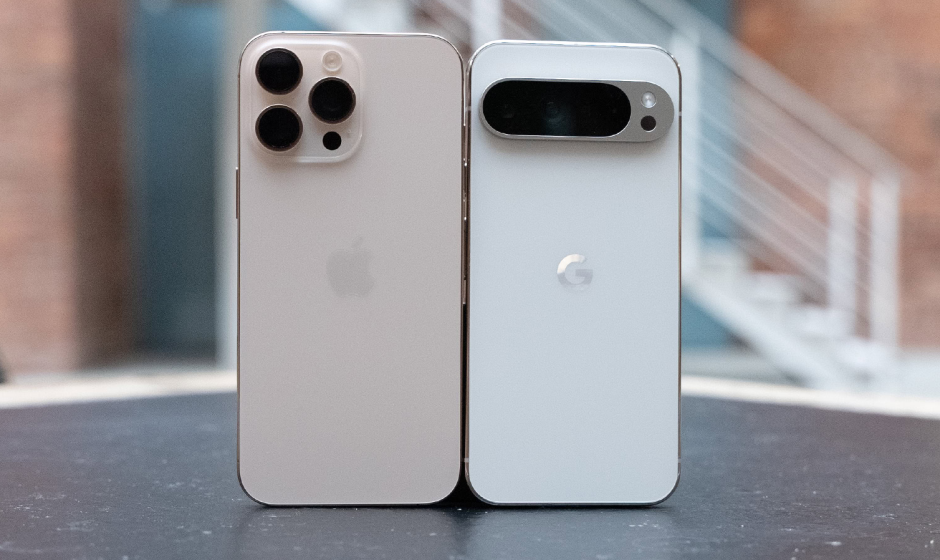Indonesia Bans Google Pixel and iPhone 16 Sales Due to Local Manufacturing Regulations
Indonesia has imposed a ban on Google Pixel smartphones, citing the absence of locally produced components as required by national regulations. This restriction comes just days after the country banned Apple’s latest iPhone 16 model for the same reason. According to Indonesia’s Industry Ministry, both Google and Apple devices failed to meet the country’s mandate that 40% of a device’s components be sourced locally, impacting their eligibility for domestic sales.
Industry Ministry spokesperson Febri Hendri Antoni Arief emphasized the intent behind the regulation, explaining that it aims to foster fair practices for tech companies investing in Indonesia. He further clarified that while official sales are banned, consumers can still purchase Google Pixel phones abroad, though they must pay applicable import taxes.
This policy enforcement reflects Indonesia’s push for tech companies to utilize locally sourced materials and support its economy by partnering with domestic suppliers. The move also aligns with Indonesia’s broader goal of boosting tech-related investments in a rapidly growing, tech-savvy population.
Impacts on Consumers and International Brands
Though tourists can bring up to two iPhone 16 units into Indonesia, sales within the country remain prohibited. Similarly, Indonesian residents who purchase an iPhone 16 abroad are allowed to bring it back upon paying taxes but are restricted from selling it domestically. This clarification offers some reassurance for Apple users, as initial reports raised concerns about potential confiscation of foreign-purchased devices.
Local market dynamics are dominated by Chinese and South Korean brands like Oppo and Samsung, leaving Google and Apple with a smaller share. The ban on Pixel and iPhone 16 models is likely to affect consumer access, especially in Indonesia’s tech-forward demographic, while possibly reshaping the market for foreign tech brands.
Policy Reactions and Industry Insights
The policy has sparked debate, with Bhima Yudhistira, Director of the Center of Economic and Law Studies, labeling it as “pseudo-protectionism.” While the regulation aims to support local industries, Yudhistira cautions that it may discourage investment and limit consumer choice, creating hurdles for brands seeking entry into the Indonesian market.
Indonesia’s commitment to local manufacturing is clear as the nation strengthens rules requiring foreign tech companies to meet local sourcing standards. However, the impact of these restrictions on consumer options and international business remains to be seen as the smartphone market adjusts to Indonesia’s policies.



